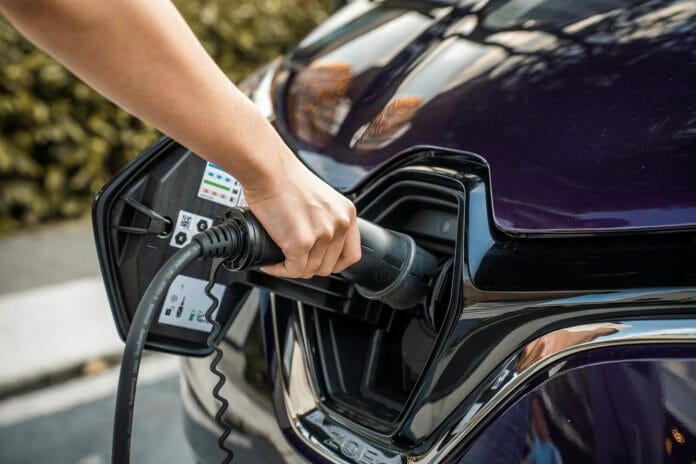Deputy Minister of Investment, Trade and Industry, Liew Chin Tong said that the government aims for at least 20% of annual new vehicle sales to be electrified vehicles (xEVs) by 2030, increasing to 50% by 2040, and 80% by 2050.
This aim is aligned with the targets set in the National Energy Transition Roadmap (NETR).
This transition towards EVs is in line with the goal to “popularise green transition, develop new industries” and is a key mission under the New Industrial Master Plan (NIMP) to drive EVs as a primary growth driver for sustainable economic development in the future.
As of January 1, 2024, a total of 2,020 EV charging bays (EVCBs) have been provided across the country, with 429 units being DC (Direct Current) chargers and the remaining 1,591 units being AC (Alternating Current) chargers.
These charging facilities are distributed nationwide, including in the Federal Territories (excluding Labuan).
Recognising that most residences in Malaysia are landed properties, where EV users can charge their vehicles at home, the government’s focus is on providing DC fast chargers to address “range anxiety” for long-distance travel.
The proposal to review the target of 10,000 EV charging units has been raised in the NEVSC Meeting No. 1/2024, with MITI and related agencies such as MARii and MGTC studying the feasibility of increasing DC charger targets. The findings will be presented in the NEVSC Meeting in the second quarter of 2024.
To encourage more people to own EVs, the government offers incentives to reduce ownership costs, including full exemptions on excise duty and import duty for imported EVs until the end of 2025, and full exemptions on sales tax for locally produced EVs until the end of 2027.
Furthermore, through the MARii Electric Motorcycle Usage Incentive Scheme (MARiiCas), certain motorcycle models are offered at competitive prices, with rebates of up to RM2,400 for electric motorcycle purchases or subscriptions.
In complementing the automotive ecosystem, including EVs, the government has introduced the Licensed Authorised Automotive Treatment Facilities (AATF) initiative to ensure proper handling and disposal of end-of-life vehicles and automotive components in compliance with the Environmental Quality Act 1974 (AKAS).
To date, two AATFs have been licensed by the Department of Environment (JAS), with five other companies undergoing assessment for AATF licensing. Among these, one company has the capability to recycle EV batteries.
Additionally, the government is developing Guidelines for EV Battery Recycling and Remanufacturing in Malaysia based on MS 2697:2018 (4R), expected to be finalised in the second quarter of 2025.









